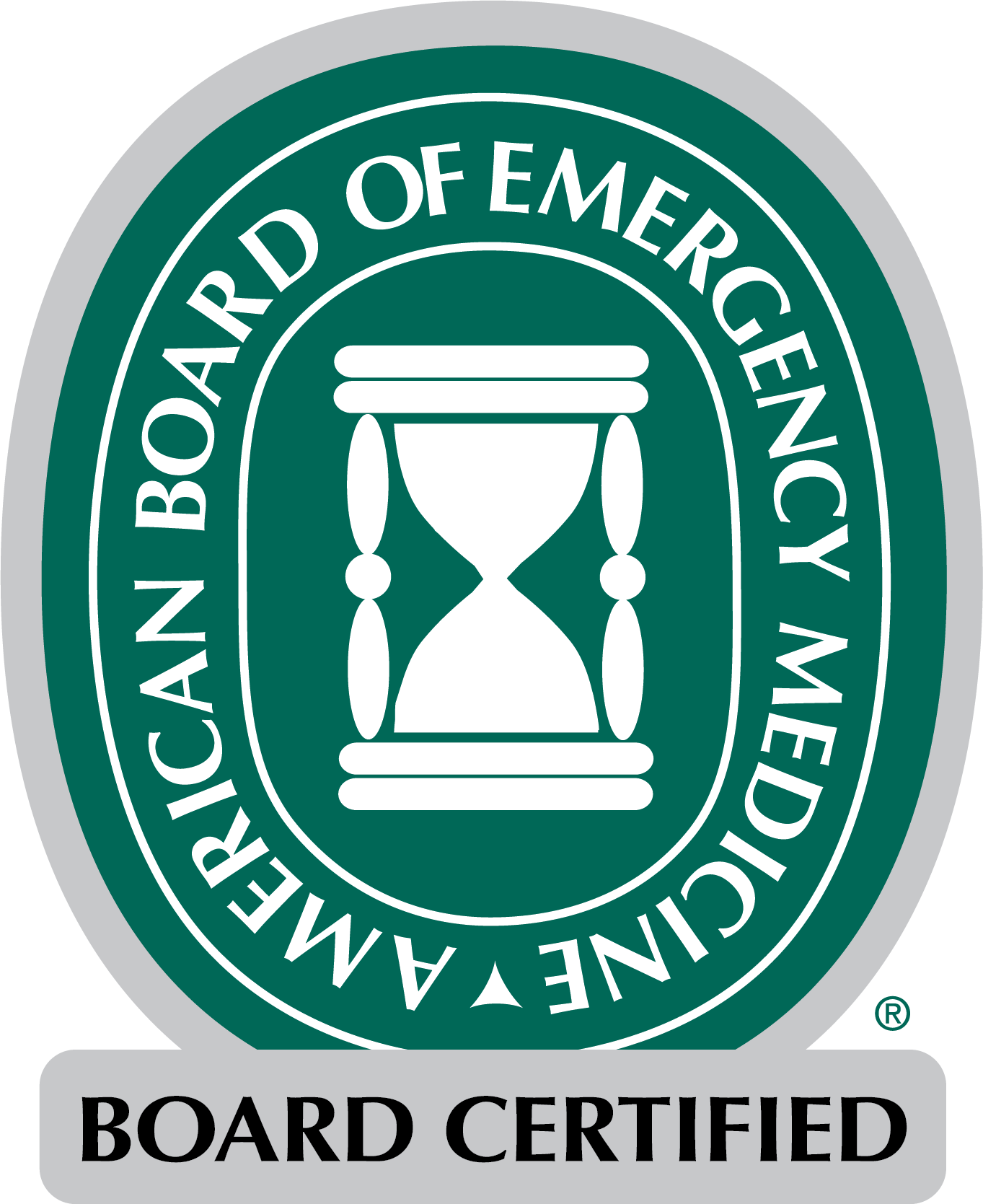 We all know that sudden changes in temperature can be uncomfortable, but did you know that they can also make you sick? A new study has found that exposure to extreme cold or heat can increase your risk of developing a respiratory infection.
We all know that sudden changes in temperature can be uncomfortable, but did you know that they can also make you sick? A new study has found that exposure to extreme cold or heat can increase your risk of developing a respiratory infection.
The study, which was conducted by researchers at the University of Wisconsin-Madison, looked at data from more than 1,600 people in the United States. The participants were asked about their health, their exposure to temperature changes, and their use of air conditioning and heating.
The study found that exposure to sudden and extreme temperature changes increases the risk of developing a respiratory infection, particularly in people who are vulnerable to health problems, including the elderly and young children.
The research also found that people who are exposed to extreme cold or heat are more likely to suffer from respiratory infections than those who are not. Furthermore, people who don’t use air conditioning or heating may be more prone to respiratory illnesses, due to their increased exposure to drastic temperature fluctuations.
The study also found that the effects of temperature swings are most significant when the fluctuations are greatest. This means that if you’re going to be exposed to extreme temperatures, it’s important to take all the necessary precautions to protect yourself and your
family.
According to the study, individuals who are exposed to temperature swings are more likely to suffer from respiratory illnesses. These include symptoms such as sneezing, coughing, sore throat, and fatigue. Sudden changes in temperature can be especially dangerous for people who have asthma and/or allergies, as these can be worsened by extreme temperatures.
How to protect yourself from getting sick
We all have experienced the Lowcountry’s Spring. Cold weather jackets one day, shorts weather the next. There are several ways to protect yourself from becoming ill due to sudden changes in temperature. Here are a few tips:
- Wear layers: Layering clothes is the best way to protect yourself against sudden changes in temperature. When it starts to get cold, adding extra clothes will help you stay warm. When it starts to heat up, you can shed some of your layers as needed.
- Eat healthy: Eating healthy foods can help to strengthen your immune system and prevent you from getting sick. Eating immune-boosting foods such as citrus fruits, garlic, and yogurt can help your body to cope with extreme temperatures.
- Get enough rest: Make sure you are getting enough rest each night. Lack of sleep can make you more vulnerable to sickness by decreasing your body’s natural defenses. Try to stick to a consistent sleep schedule as much as possible.
- Stay hydrated: Drink plenty of fluids to stay hydrated and help to flush out any toxins from your body. Also, avoid drinks that contain caffeine and alcohol as both can cause dehydration.
- Wash your hands: Proper hygiene is essential for preventing sickness. Make sure to wash your hands often with soap and warm water for at least 20 seconds or use a hand sanitizer with at least 60% alcohol content.
- Take Vitamin D: Vitamin D is found to protect against weather fluctuation illnesses.
When illness does strike, walk-in to NasonCare any day between 8am and 8pm for fast, affordable, quality care served with popcorn and a smile. Located near Northwoods Mall in North Charleston with plenty of parking.




